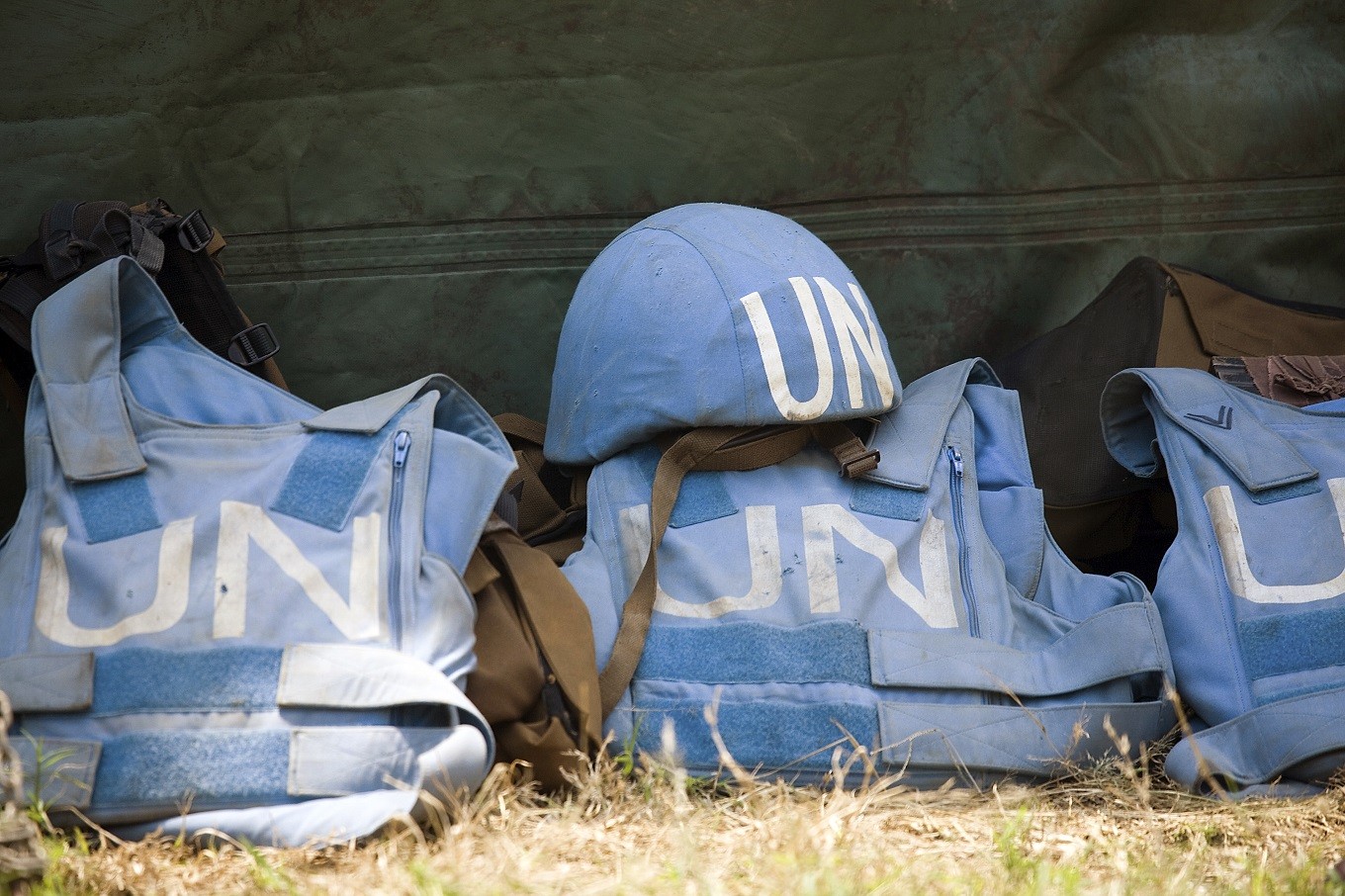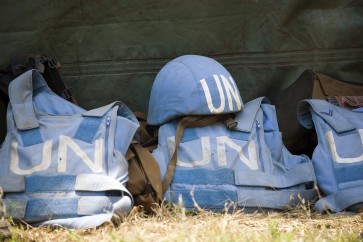Popular Reads
Top Results
Can't find what you're looking for?
View all search resultsPopular Reads
Top Results
Can't find what you're looking for?
View all search resultsConsider peacekeeping operations in Myanmar
It is logical to think of peacekeeping deployment as one immediate solution, at least to stop the escalation of the humanitarian crisis.
Change text size
Gift Premium Articles
to Anyone
I
n response to the escalation of violence against the Rohingya minority in Rakhine state, Myanmar, calls have mounted for the deployment of peacekeeping forces, especially from Indonesia and Malaysia, which have shown their concern over the tragedy, to stop the humanitarian crisis.
Ethnic cleansing is happening there, as nearly 400,000 Rohingya have fled their homeland to Bangladesh on account of dire persecution.
The United Nations special rapporteur on human rights for Myanmar, Yanghee Lee, said at least 1,000 people were killed in recent weeks amid intensified conflict between the government troops and the Arakan militant group in Rakhine. Indeed something has to be done — but, is a peacekeeping operation the solution to the problem?
Peacekeeping missions are traditionally conducted in an interstate conflict after gaining consent from the conflicting host parties. The mission is mandated to monitor the belligerents’ compliance with a cease-fire agreement. In delivering their mandate, peacekeepers do not use force; they are armed only for safety.
However, due to the changing security environment, especially toward the end of the Cold War when the nature of conflict was predominantly intrastate rather than interstate, peacekeeping operations have incrementally evolved.
The increasing use of inhumane tactics against civilians by non-state and state actors to win the war has created an urgent demand for peacekeeping missions to do more than keep the peace in a defensive manner — they have been pressured to be more proactive, particularly to use force to protect civilians to remain relevant peace instruments.
Thus, peacekeeping success is no longer determined by its restraint to not use force and being neutral in a post-conflict situation; but, it has been increasingly mandated to justify all “necessary means” within its provision to deliver the mandate, where protection of civilian and human rights have become part of the mandate in current peacekeeping operations.


















